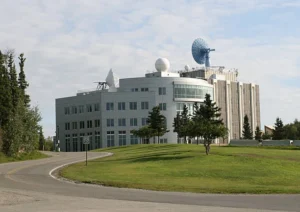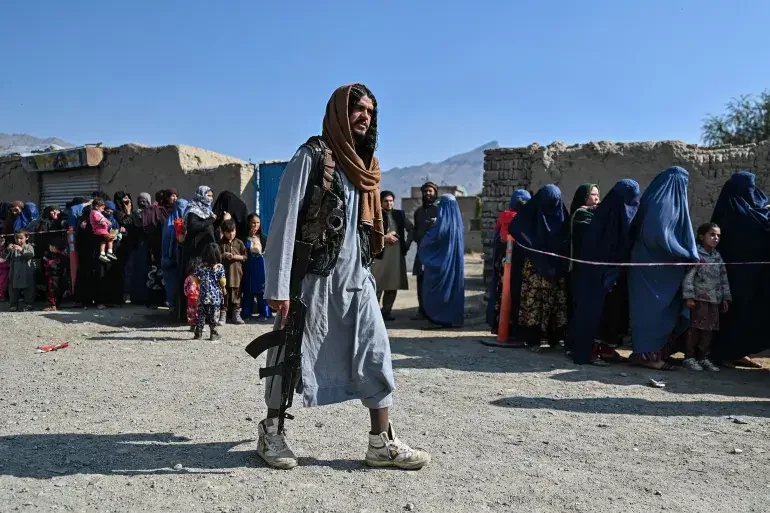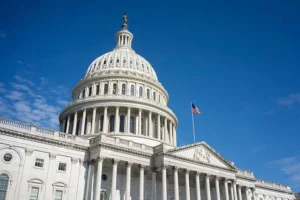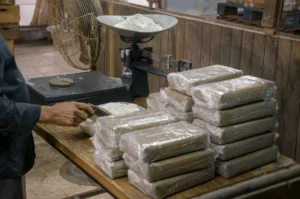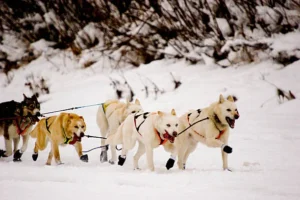In a strategic shift, Russia suspended the ban on the Taliban that had remained in place since 2003, allowing closer ties with Kabul’s rulers. The Russian Supreme Court lifted the terrorist organization designation on Thursday, acting swiftly on a request from the prosecutor general’s office.
The move follows years of warming relations between Moscow and the Taliban, who seized power in Afghanistan during the 2021 US withdrawal. According to the state-run Tass news agency, Judge Oleg Nefedov confirmed the ruling, declaring it effective immediately.
President Vladimir Putin last year called the Taliban an ally in the fight against terrorism, a sharp departure from Russia’s previous stance. His envoy in Kabul also revealed plans to delist the group, aligning with Moscow’s broader regional strategy.
Security threats from Islamic State Khorasan Province (ISIS-K) have reshaped Moscow’s priorities in Central Asia. In March 2024, ISIS-K claimed responsibility for a brutal attack in Moscow that left 145 dead at a concert hall.
US officials later confirmed intelligence linking the Afghan-based terror group to the massacre. Moscow now views engagement with the Taliban as essential to countering ISIS-K and stabilizing Afghanistan.
Russian officials have also signaled interest in using Afghanistan as a transit hub for gas exports to Southeast Asia. Last October, Foreign Minister Sergey Lavrov stated that Russia would continue developing political and economic relations with Kabul.
This effort includes hosting Taliban officials at multiple forums in recent years despite the group’s controversial governance. The Taliban’s human rights record remains a barrier to full diplomatic recognition by any nation.
They have banned girls from attending schools and universities and placed strict movement controls on women. Other Central Asian nations like Kazakhstan and Kyrgyzstan have already removed the Taliban from their terror watchlists.
Countries such as China, India, and Iran maintain embassies in Kabul, with Beijing appointing an ambassador in 2023. The suspension of the ban is a calculated move on Russia’s part, which has now shifted the cooperation with Afghanistan’s rulers.

